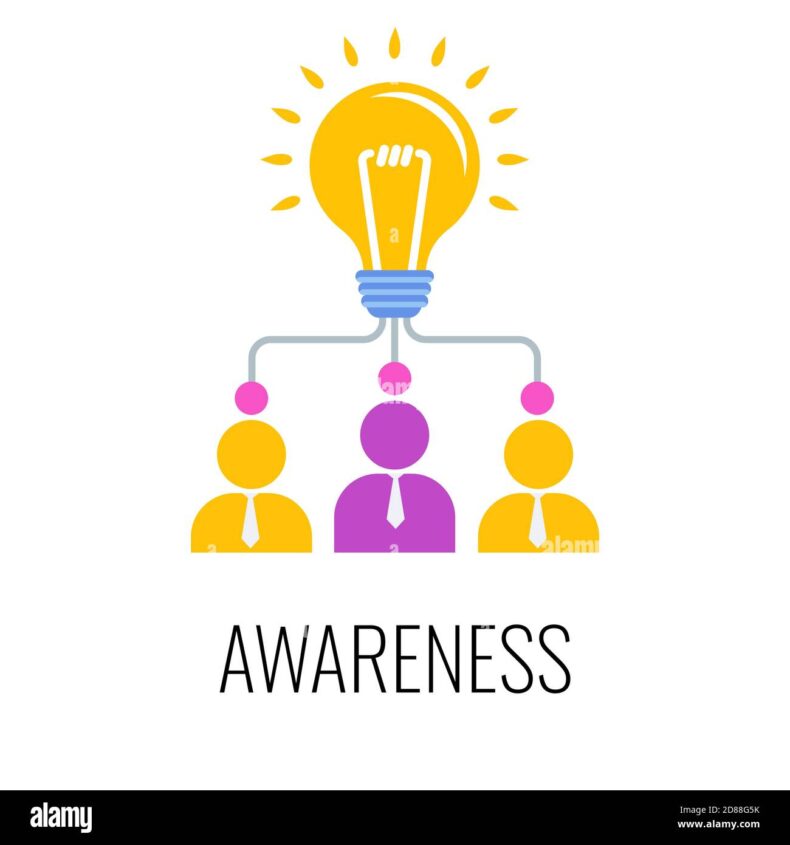The ability to read and write is one of the amazing abilities we possess. To be able to comprehend what one wants to say when one is unable to speak it out, through writing, is a commendable development of the human mind. But the swiftness of this ability does not exist for a lot of individuals who suffer from dyslexia.

Mind and its swift execution
A quick, mindful action can help to ease any process that the body intends to perform. But a distinct mind produces different behaviors and actions under any circumstances.

To execute something smoothly, we need a smooth working brain. But a simple disruption can easily derail any process of progress.
One of the disabilities that hinder a smooth life is learning disabilities, specifically dyslexia.
Dyslexia
A disorder covering learning disabilities, which covers areas of reading, writing, and speaking, is termed dyslexia.
Although connected directly with the comprehension of a learning disability, intelligence remains unaffected.

The mind might be slow and troubled in understanding the compelling simplicity and ease of words, but it is still intelligent on a normal level. It develops in children and continues in adults without intervention.
Dyslexia can persist for life if proper and timely clinical intervention is not provided.
Recognize and reduce
We can solve most of our problems with proper understanding and analysis. With dyslexia, it is the same concept.
Recognising the signs of dyslexia gives the caregiver an upper hand in providing a healthy environment for development. It aids in reducing the long-term negative impact on the child.
Conventionally, the signs associated with dyslexia are noticed during the learning stages of a child. The inability of a growing child to distinguish between two alphabets that look similar and words that sound similar causes havoc in his or her mind.

But recent research has proven other symptoms as well as signs of dyslexia. One of them is the repetition of very simple actions and a discrepancy in learning through the senses.
A good step of recognition through new research has found children who are very young and not attending any educational institution show signs of dyslexia.
This early recognition produces an opportunity to minimize any lifelong effects of this disorder.
Symptoms of Dyslexia
As discussed by practitioners and clinicians, diagnosis of dyslexia is completed if the child shows signs such as:
- The pace of reading and writing is slower in comparison with the bar of parameters.
- Confuse the order of letters
- Confusion between letters that look alike, such as b and d
- Poor or inconsistent spelling due to confusion
- The hard time following directions.
- Cannot comprehend something that is written but can understand the same verbally.
- Struggle with planning, organization, and everything that has a frequency of sequence.
Theme as a means of awareness
Assisting any awareness program with a tagline or theme highlights the stigma surrounding that issue. This year’s theme for awareness about dyslexia is “Breaking Through Barriers”, which says a lot about society and its dogmatic behavior towards people who suffer from dyslexia.

Society always had a say about something that should have been accepted as its own. Normality should have been established amongst the citizens of the world, but that is not the case.
To find their place in the society that bars them from everything that is their right, they have to fight. The fight is launched by their active and empathetic caregivers who understand them and accept them as they are.
We know people who have dyslexia suffer mostly because they live in confusion most of their lives. They do not lack the ability to understand, but the inability to be understood surrounds them.
Help in need is help indeed
We all need help in one way or another. But people who are frowned upon by society do indeed need more help.
Getting help is nothing to be ashamed of. People who do not run away from seeking medical guidance for pathological disturbances find it hard to adjust to people with neurological imbalances.

Dyslexia is one of those disorders which can be recognized easily and helped to overcome or minimize its duration. It is the help and understanding they seek because they lack nothing within themselves.
Intelligence remains unaffected for people who suffer from dyslexia; they are found to be very creative and problem-solving adept. The discrepancy due to the imbalance of visual-mental connection leads to visible confusion and irritation.
Dyslexic individuals want exactly what others want—to fit in everywhere normally, to be able to read, write, and speak what is written as clearly as everyone else. For this, they need help.

Clinical psychologists and special educators in schools are helping children navigate their way through dyslexia and move out of their discomfort.
We need to break through the barriers and reach out to caregivers and educate people to locate and minimize the lifelong hindrance of not taking strong roots in their future.













